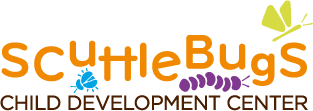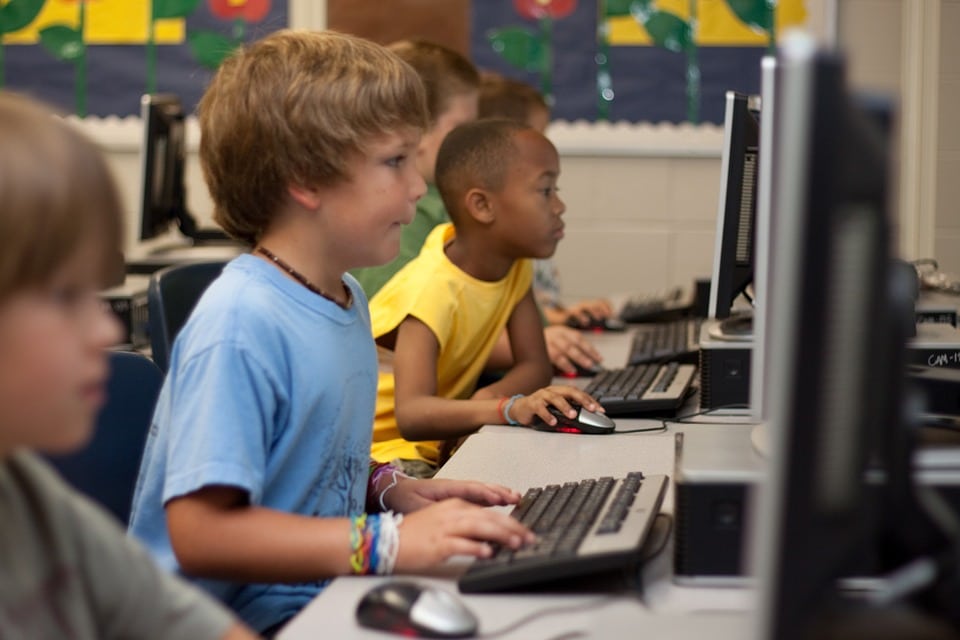It is my belief that the future our children will live and work in will be very different from the one we currently know. Innovation and technology, coupled with globalization, will only continue apace and change today’s world. As a mother, I find this rather exciting for my own children. As an educator, I am careful about the choices I make regarding how best to prepare young children for challenges they will encounter as they grow. Skills and a basic understanding of computer sciences will enable our children to be technologically and digitally literate.
Computer code is vital and entwined everywhere. Its presence runs deeper and deeper into the huge array of electronic devices we use every day. Coding allows new products to be invented and existing ones to be improved. The possibilities seem endless and the opportunities for today’s child limitless.
Our education system, therefore, has an important role to play in creating first interest, and second a foundation, for children to understand how technology actually works. Coding for preschoolers is as important for them to learn as it is to read and learn math. Coding activities can lay the foundation to help children to think like a computer programmer.
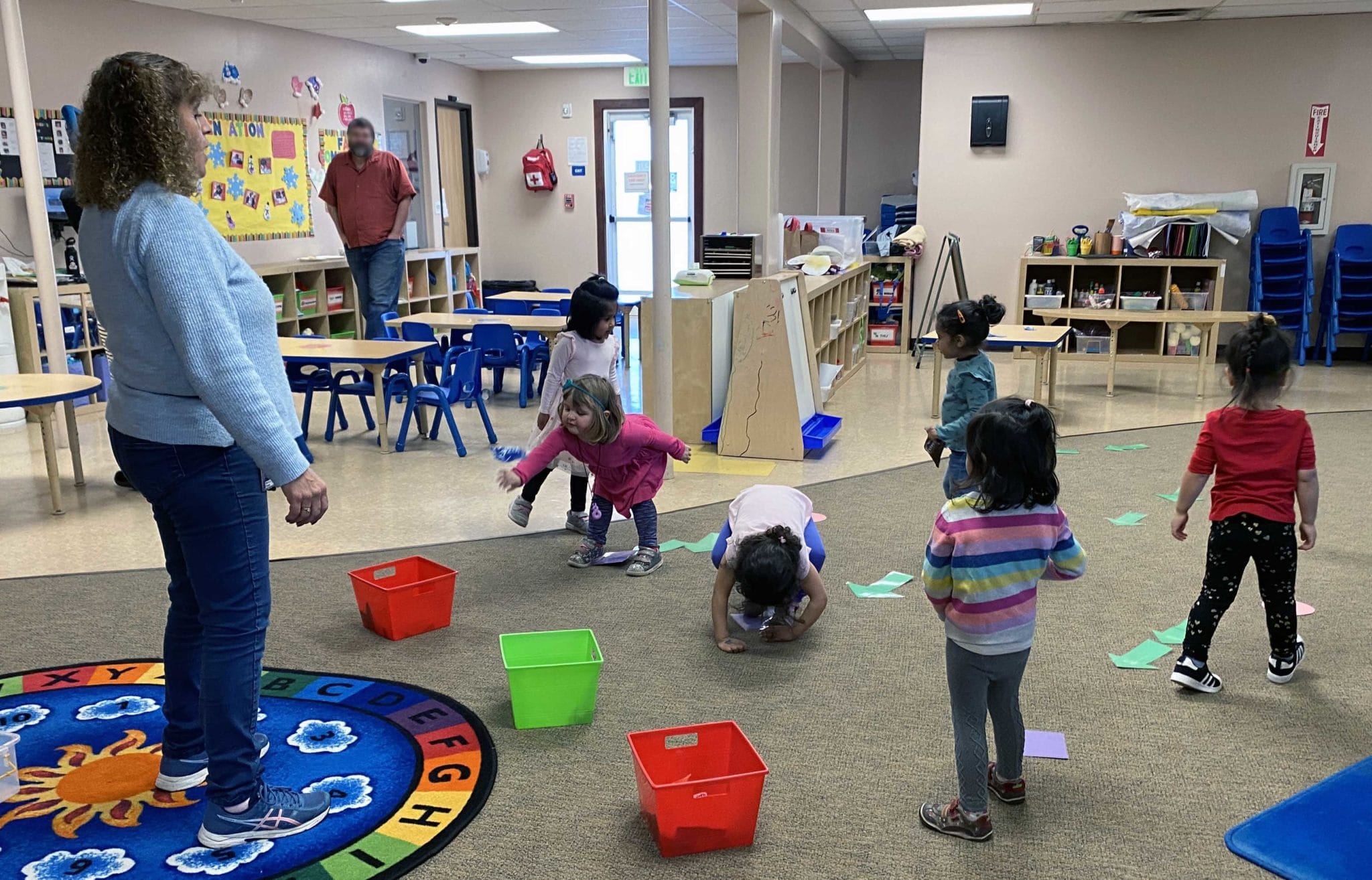
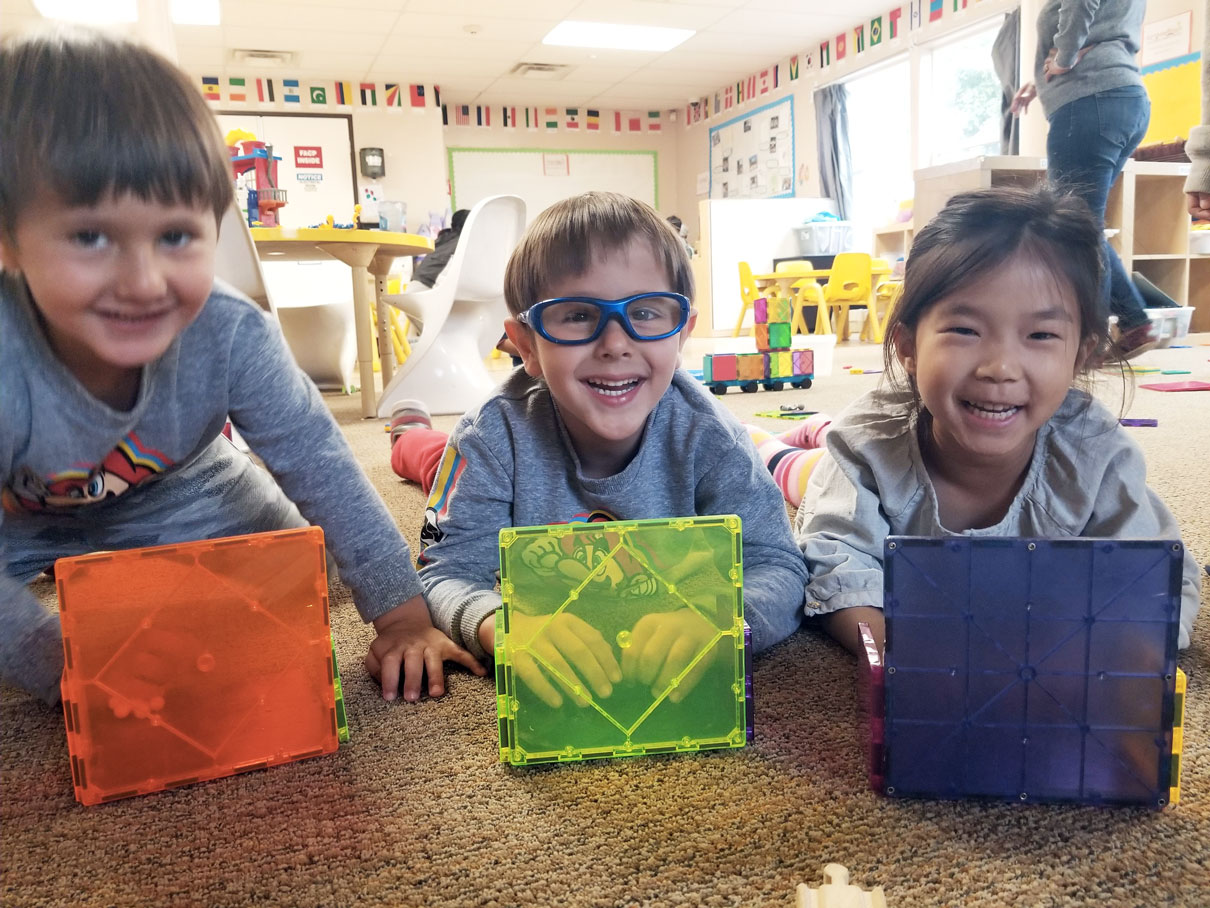
Teaching children how to code has numerous benefits and advantages that go well beyond programming a computer. Coding teaches skills such as learning to problem solve efficiently and helping to develop persistence, resilience, and determination which are all highly sought-after skills life in general. Identifying and defining an objective and then the process needed to achieve the objective is an essential concept to grasp – an invaluable life tool even for non-programmers.
One might find it a bit advanced to begin working with technology, especially coding, at the early childhood level. I have often illustrated the importance of laying down the foundations for children in their early years. When it comes to computer sciences, especially coding, we are laying down the foundations to learn to think logically - like a computer programmer. Truth be told you don’t even need a computer for our unplugged preschool coding activities.

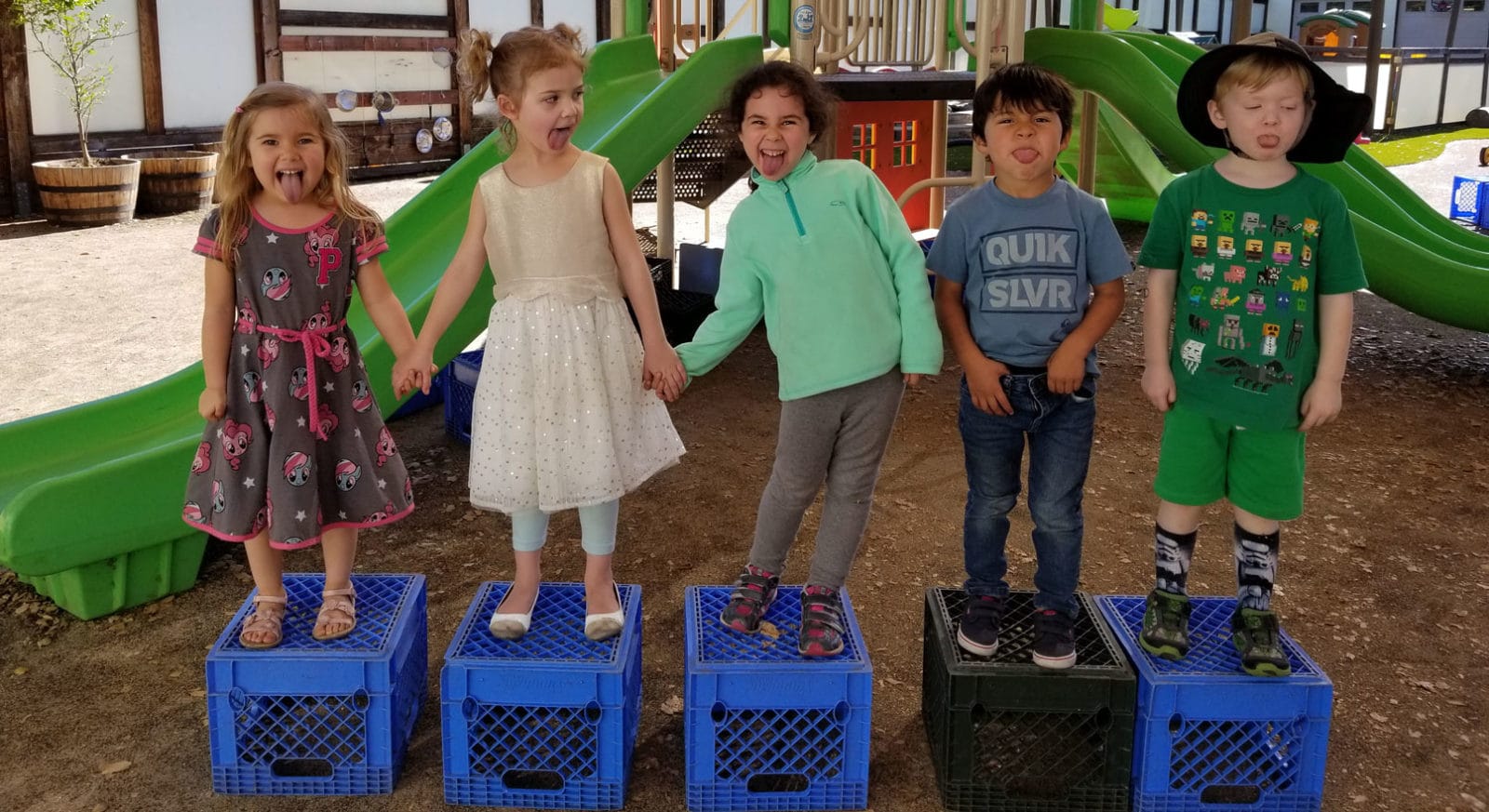
Children learn best when having fun. Play is the best means of education a young child can have. All three of the developmentally appropriate coding activities mentioned above are activities that children can easily take part in, and learn to even lead, in their day to day lives at home or at school.
Coding for preschoolers doesn’t have to be complicated. It’s just incorporating the skills used in computer programming into children‘s activities and play in a natural and fun way.
